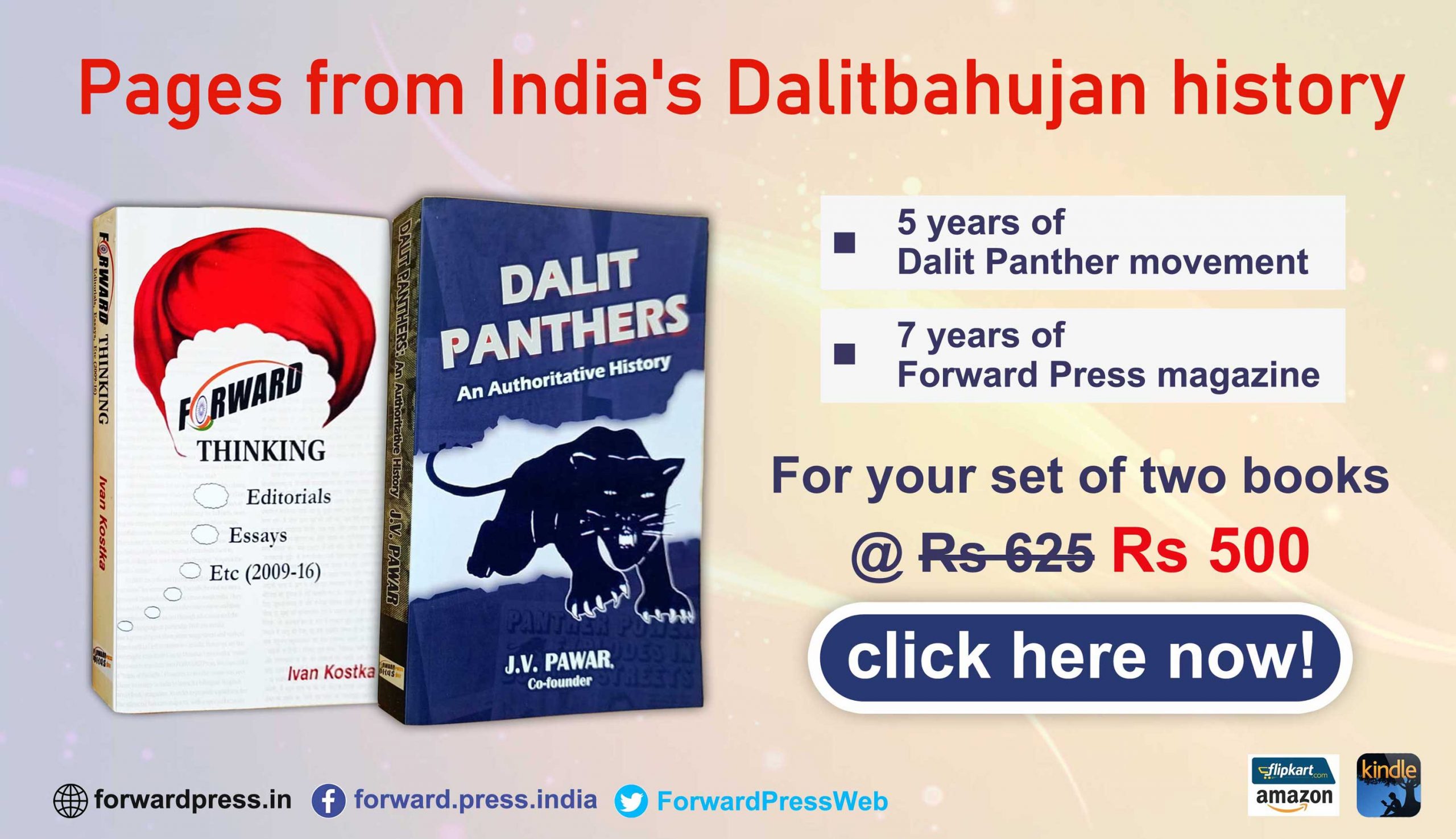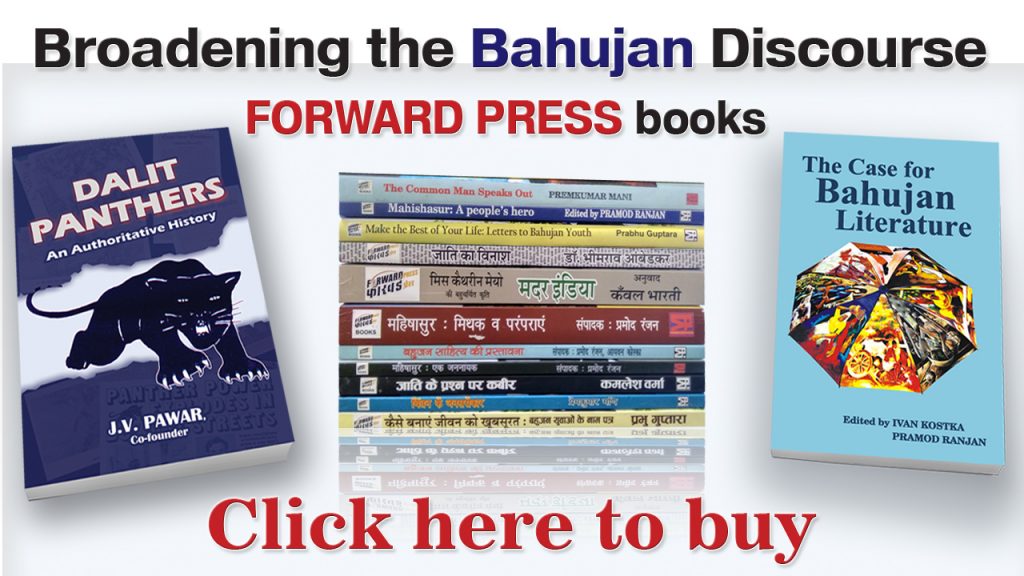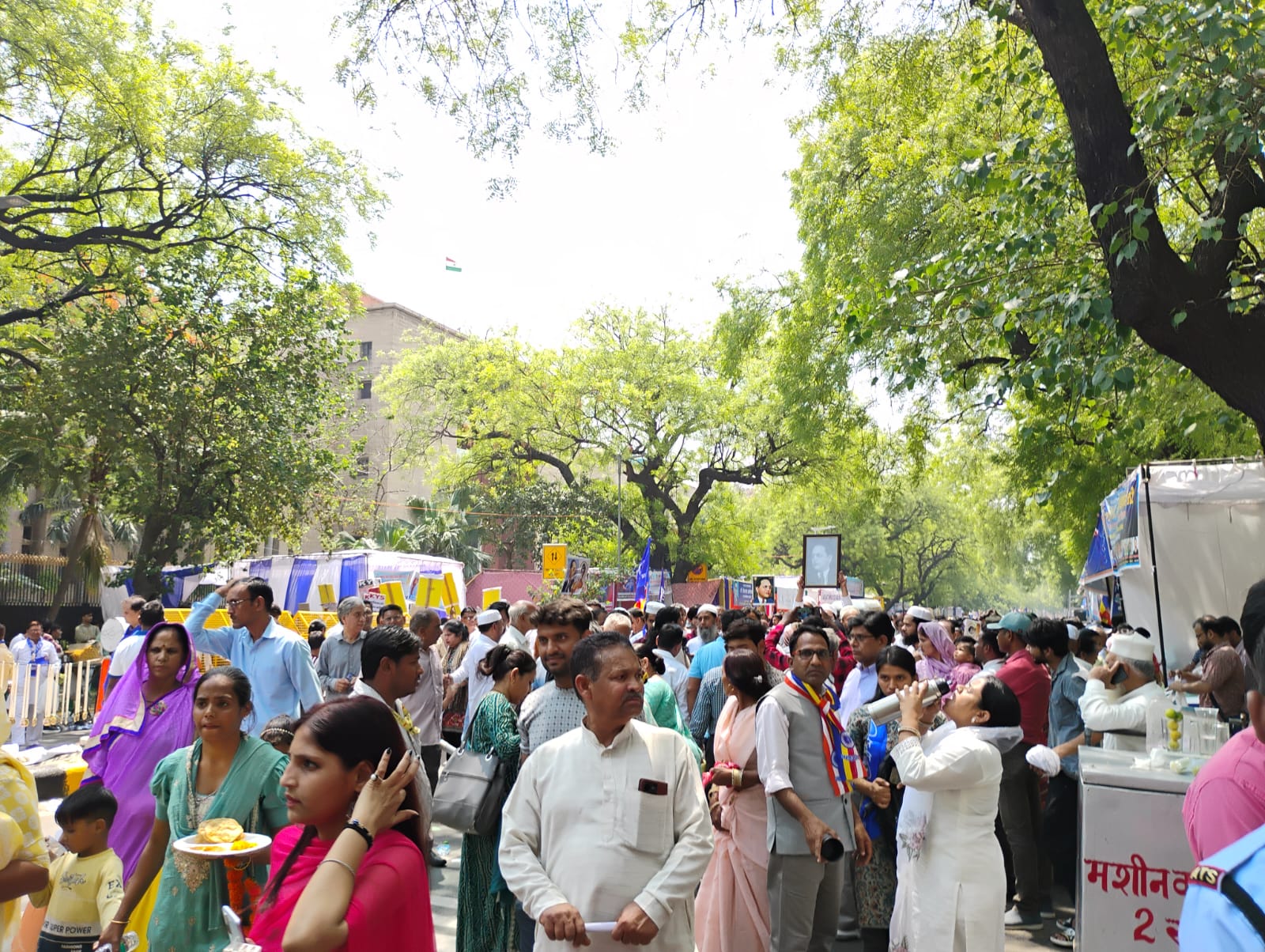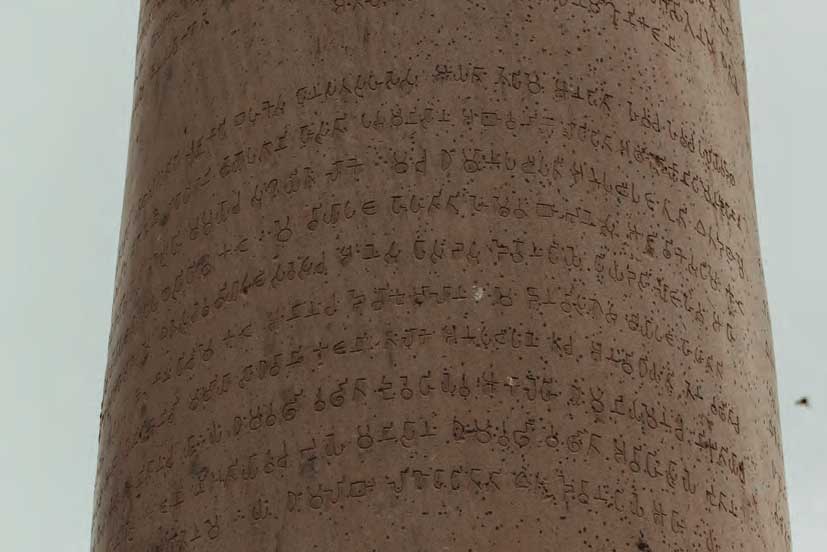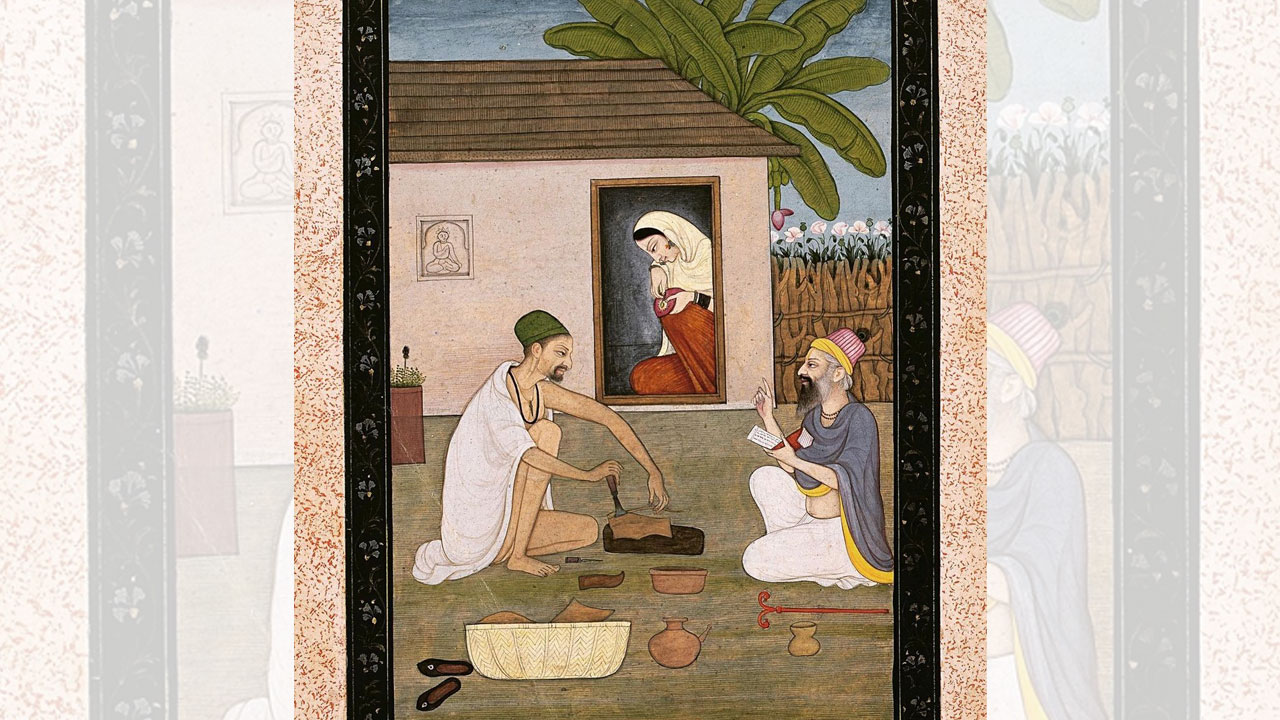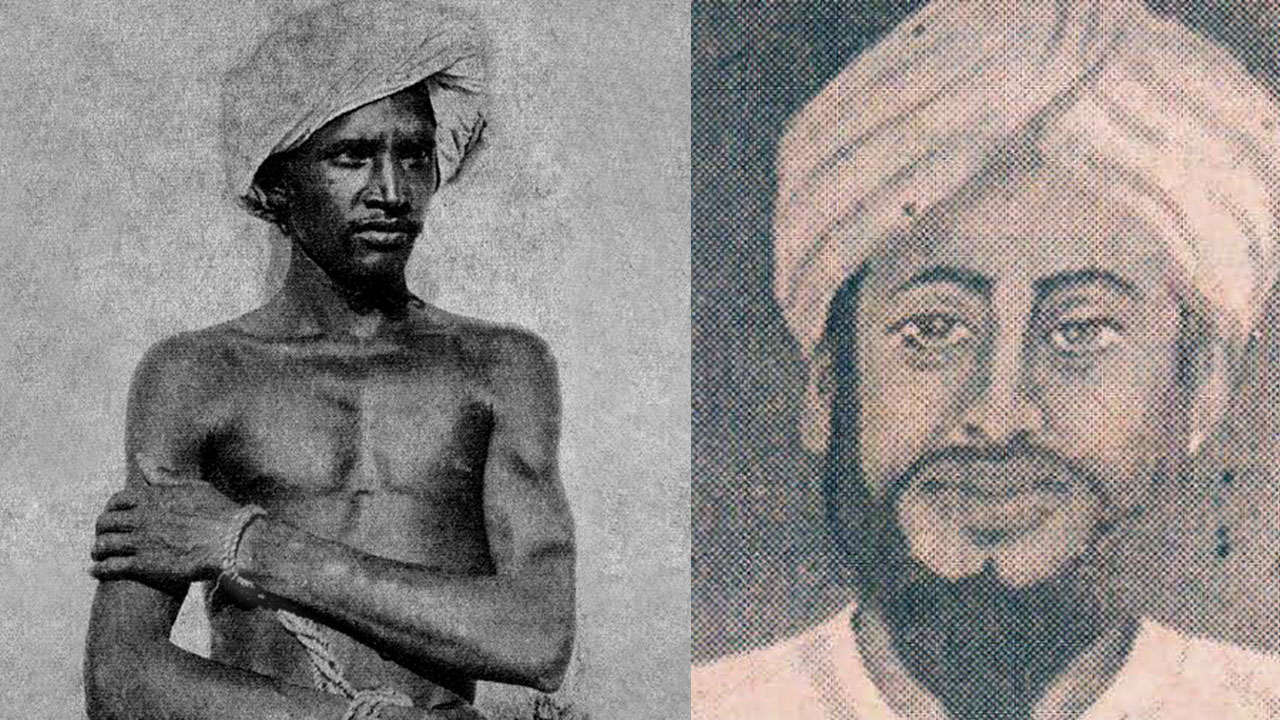Speaking in the Bihar Assembly on 2 April 1970, Jagdeo Prasad had underlined the difference between the exploiters and the exploited. He had also demanded due share for Dalits, OBCs and Adivasis in the government and the administration. We are publishing here the English translation of this historic speech:
Dear Mr Speaker,
The house has been debating the Governor’s address for the past four days. I have heard the speeches of some honorable members. I have also attentively heard the speeches of the leaders of Samyukta Socialist Party (SSP) and the Prajatantrik Socialist Party (PSP), which believe in socialism and communism. From what the leaders of these parties said, it is clear that these parties are now redundant. None of them talked categorically about historic transformation or about the root causes of social and economic inequality. The Congress, the Jana Sangh, the Swatantra Party, the Bharatiya Kranti Dal – all of them are pro-dwij and patrons of the capitalist order and culture. Referring to the Governor’s address, almost all of them said that it had failed to give direction to society. I believe that being controlled by the dwijs as they are, the government and all the political parties are as directionless as the Governor’s address. The parties socialist and communist parties have deeply disappointed me. They are merely whiling away their time.
Bihar was under the President’s rule for eight and half months. President’s rule means the rule of the bureaucracy; the rule of the bureaucracy means the rule of the upper castes because most of the bureaucrats come from the upper castes. There are only a handful of bureaucrats from the exploited classes. During the President’s rule, those who called the shots in Bihar included adviser T.P. Singh, chief secretary Sachchidanand Singh and development commissioner B. N. Sinha. Among them, Sinha is the “hero” of Aiyar Commission. According to the Aiyar Commission, there is no more corrupt person than him in the country. These officers are the killers of laws, rules, humanity, justice and democracy. They have left Nadir Shah far behind in looting the state and in committing atrocities. As far as casteism goes, they have broken all previous records.
The President’s rule ruined the people and officers from the exploited classes. Daroga Prasad Rai deserves compliments for freeing us from this anti-people, anti-democracy rule of the upper castes. It is for the first time in the history of Bihar that a good man born into an ordinary family of the exploited community has become the chief minister. We are proud of this.
Our party, at its Kharagpur camp, had demanded that “malguzari” (tax on produce) should cease to apply to land up to five acres. We were agitating with this demand. It is heartening to note that the government has accepted our demand within a month of taking over and has issued an ordinance to this effect. But it is regrettable that nothing has been done to provide free power and irrigation for landholdings up to five acres. I want the government to announce free water and electricity for farmers tilling up to five acres of land and thus take a concrete step towards establishing socialism.
The Hindustani society is divided into two distinct classes – the exploiters and the exploited. The Harijans [Scheduled Castes], Adivasis, Muslims and the Backward Classes are the exploited. The upper castes are the exploiters. The exploited are 90 out of 100; the exploiters are 10 out of 100. Their interests are mutually contradictory and there is no scope for any compromise between them. These 10 per cent exploiters have been ruling over the 90 per cent exploited for thousands of years. The 10 per cent exploiters have a monopoly on the bureaucracy. This is true of politics, too. It is another matter that scattered attacks on their monopoly on politics have begun and that is how Daroga Prasad Rai has become the chief minister of Bihar. The credit for this goes to the Shoshit Dal.
Also read: Jagdeo Prasad refused to be a political instrument of the upper castes
The “10 per cent versus 90 per cent” struggle for bread and dignity is the real struggle of scientific socialism or communism. In India, the class struggle is not rooted in economic inequality but in social inequality. This is India’s Marxist-Leninist class struggle. This is the battle the communists should fight. Those who don’t accept this analysis are neither revolutionaries nor communists. The Shoshit Dal wants to become the party of the 90 per cent exploited
The upper castes have a monopoly on all public institutions. They are dominant in the government machinery. Even 22 long years after Independence, even after the implementation of three five-year plans and all sorts of socialist pretensions, Harijans, Adivasis, Muslims and the Backwards are slaves to the upper castes. In fact, today’s India is the India of 10 per cent dwijs. We are fighting the struggle for restoring India to the 90 per cent exploited. Upper castes have been ruling the roost in all government departments.

We had a survey done in the agriculture department of the Bihar Government and in Patna University. According to our survey, there are 133 Class I officers in the agriculture department of which only 11 are from the exploited classes. There are 595 Class II officers of which the exploited are just 62. Cumulatively, there are 728 officers of which only 73 come from the exploited classes. In Patna University there are 747 professors, lecturers and officers, of which the exploited make up only 124.
The ratio of exploited and exploiters in the agriculture department holds true for other departments of the government. The ratio in other universities is the same as in Patna University. In Patna University, there are 56 heads of department, of which only 5 are from the exploited classes. How can we consider anyone who tolerates this situation as a gentleman and humanist?
Mr Speaker, I consider it necessary to put forward some suggestions for strengthening this government, for making the chief minister popular and for ensuring clear, impartial and efficient administration.
Another commission along the lines of the Aiyar and Madholkar commissions should be appointed to investigate the corrupt deeds of the three chief criminals of President’s Rule – adviser T.P. Singh, chief secretary Sachchidanand Singh and development commissioner B. N. Sinha. Strict and urgent action should be taken against the officers and former ministers indicted by the Aiyar and Madholkar commissions. Most of the officers held guilty by the Aiyar commission are occupying key positions in the government. A separate Public Service Commission should be constituted to fill up the vacancies reserved for Harijans and Adivasis, and it should not have an upper-caste member.
The budget allocation for scholarships for students from the exploited classes should be enhanced to at least Rs 1 crore. In the interest of social justice and free and fair administration, at least 90 per cent of the posts in government, semi-government and non-government institutions should be reserved for the exploited.
[When the honourable Jana Sangh member Janardan Tiwari intervened to say that “Jagdeo Babu should move to Madras, because what he wants has been done there”, Jagdev Prasad replied, “Don’t worry. I will convert Bihar into Madras. Now the imperialists of the upper castes should prepare to move to America because there is no place for imperialists in the world except in America.”]
(Translation: Amrish Herdenia; copy-editing: Anil)
Forward Press also publishes books on Bahujan issues. Forward Press Books sheds light on the widespread problems as well as the finer aspects of Bahujan (Dalit, OBC, Adivasi, Nomadic, Pasmanda) society, culture, literature and politics. Contact us for a list of FP Books’ titles and to order. Mobile: +917827427311, Email: info@forwardmagazine.in)
The titles from Forward Press Books are also available on Kindle and these e-books cost less than their print versions. Browse and buy:
The Case for Bahujan Literature
Dalit Panthers: An Authoritative History
